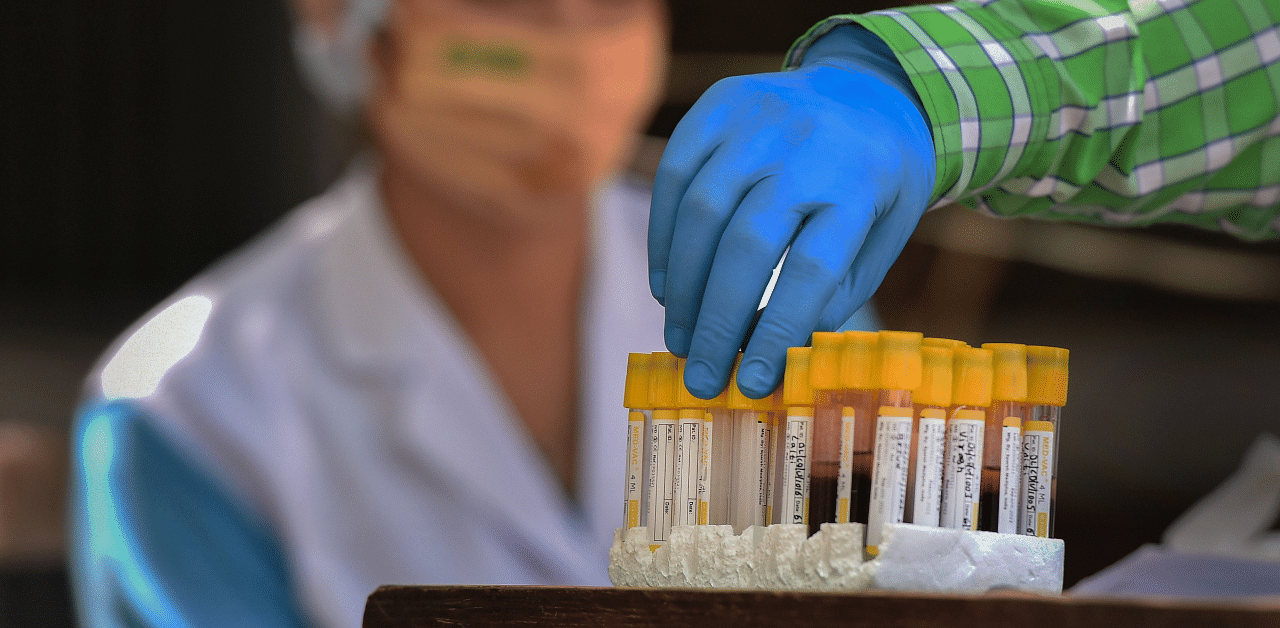
The Council of Scientific and Industrial Research (CSIR) is conducting a survey in its 38 laboratories and institutes across India to gauge the serological prevalence among its employees and also understand how long antibodies against Covid-19 remain active, officials said.
The exercise aims to target 10,000 CSIR employees and their family members in the age group of 19-60 years, said Shantanu Sengupta, a scientist with CSIR's Institute for Genomics and Integrative Biology (IGIB) in Delhi, which is coordinating the serosurvey.
Sengupta said the exercise has already begun and it is expected to get completed by September. The exercise, he said, will be repeated in the next six months.
All people will be monitored using Omic technology, which involves the analysis of the entire set of molecules such as proteins, lipids or metabolites in a cell, organ or organism.
"Different research talk about how long the antibodies stay in the body. Another serological survey in the next six months will help us understand this better," Sengupta added.
IGIB director Anurag Agrawal told PTI that the CSIR through its network of constituent laboratories has the geographical diversity and scientific expertise to accelerate the generation of such knowledge.
The 38 laboratories and institutes are located in east, west, south, north, northeast and central India.
"As a first step, CSIR has started a national serosurvey amongst a cohort of its employees and their families, which will be continued in the future. Using this as a starting point, the scientists expect to be able to identify the infection trends in parts of the nation where CSIR labs are located, and to develop a better understanding of susceptibility to infections and its consequences," Agrawal said.
Such work will greatly complement and enhance the national efforts of population-based cross-sectional serosurveys, Agrawal noted.
"Serosurveys have been conducted in different cities but with the geographical diversity the CSIR offers, this pan-India serosurvey will give a better understanding of the antibodies present among people across the country," Sengupta said.